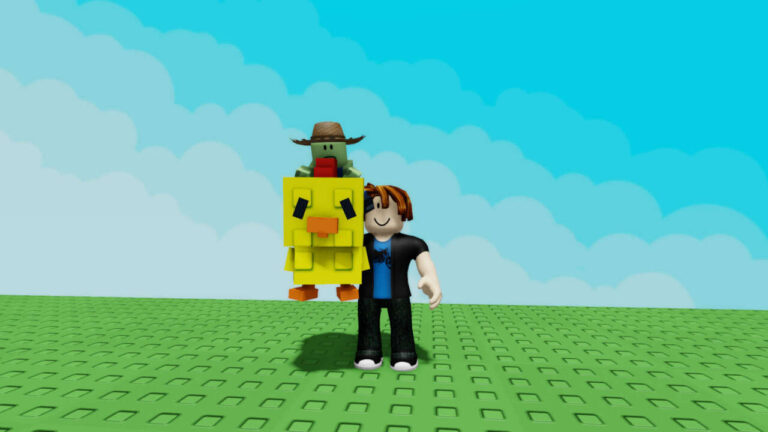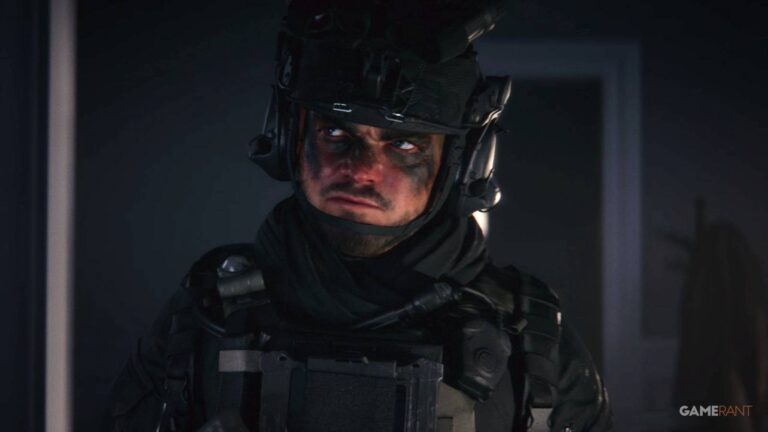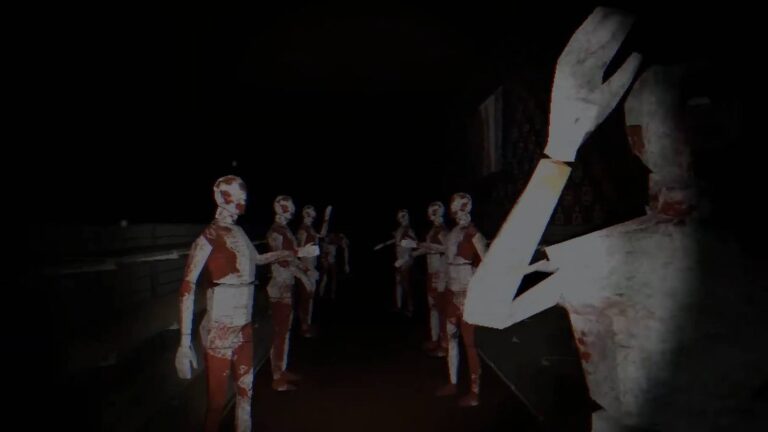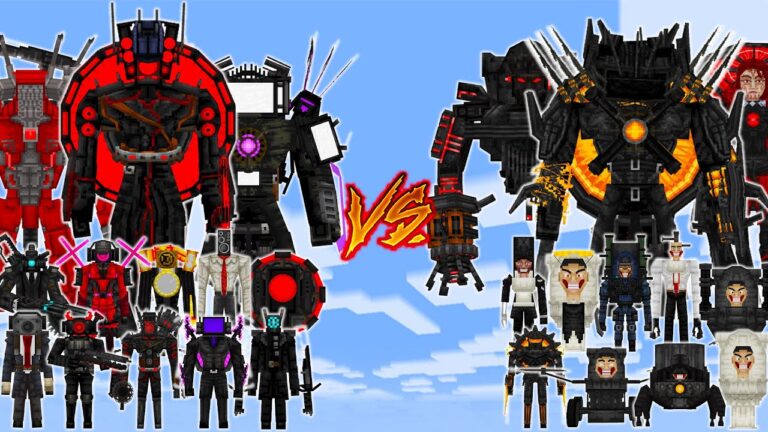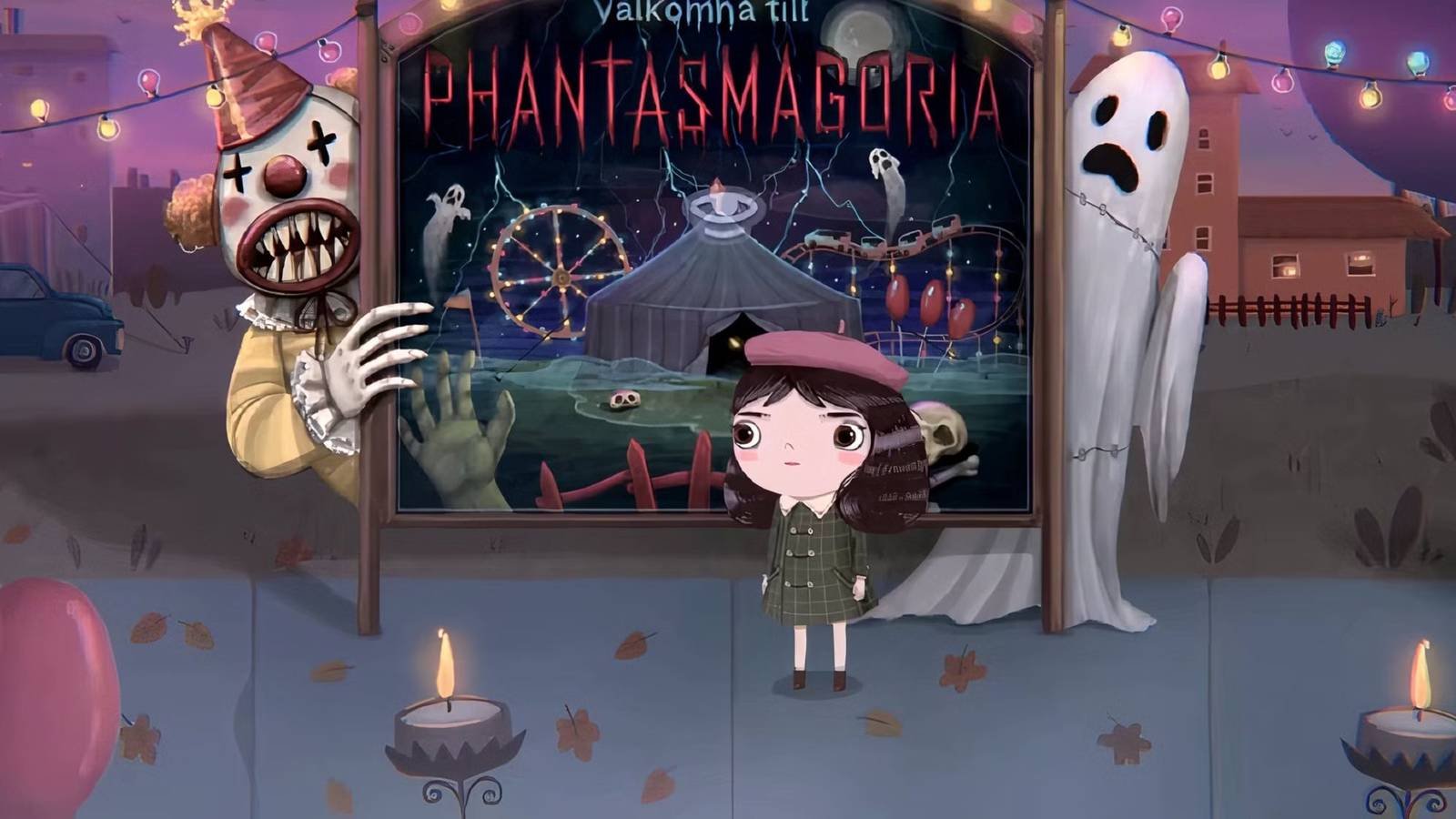
Ever get tired of being the chosen one? The mythical hero with a destiny tattooed on their forehead, the one who can single-handedly stop an alien invasion before breakfast. Yeah, us too, and there’s this strange, compelling pull to games where the main characters aren’t any of that. They’re just… people. Regular folks caught in circumstances that are anything but. These games take an average Joe and pit them against odds that are, frankly, ridiculous.
Whether it’s a frantic fight for survival, untangling some deeply weird mystery, or just a quiet moment of reflection, here are a handful of great games that remind us that heroism isn’t always about saving the world; sometimes it’s just about surviving it.
Alan Wake
Writer’s Block, Except The “Block” Is Literal Monsters
Alan Wake is a novelist, and he is having a very, very bad time. He’s just a writer. A pretty successful one, sure, but he retreats to the sleepy town of Bright Falls, hoping to cure his writer’s block. Instead, he finds himself in a battle against shadowy creatures literally born from the pages of his own unpublished horror novel. The game cleverly mixes psychological thriller with supernatural horror, and it builds its tension not through malevolent power, but through pure vulnerability.
The whole idea of using a flashlight as a primary weapon is a perfect extension of the concept. Alan isn’t some stoic hero trained in combat. He’s just a bloke with a torch and a revolver, facing off against creatures that simply should not be. This brilliant contrast between his utter ordinariness and the nightmarish forces swirling around him is what makes his struggle so ridiculously gripping.
Inside
A Boy Against The Unknown
No name. No voice. No explanation. Inside just drops players into the shoes of a nameless boy wandering through a monochrome dystopia so bleak it feels like it’s actively trying to suffocate him. A world crawling with faceless guards, rabid dogs, and bizarre, submerged experiments. There are no weapons or tutorials to ease players in; just a frantic, primal instinct to keep moving, to keep surviving. The boy has no special powers, yet the world reacts to him as if his mere presence is a catastrophic disruption.
The puzzles and hazards aren’t fun little challenges; they highlight the terrifying fragility of being one small person in a system ruthlessly engineered to stamp out the individual. The boy never becomes a valiant savior. He remains a kid, lost in an oppressive, merciless machine that couldn’t care less whether he makes it out alive.
Firewatch
A Walkie-Talkie And A Forest of Secrets
Henry is running away, trying to escape some heavy, real-world grief by taking a summer job as a fire lookout in the sprawling, beautiful wilds of Wyoming, a place where he thinks he could finally be alone. His most crucial piece of kit isn’t some fancy gadget; it’s a humble walkie-talkie, and on the other end is Delilah, his supervisor, a disembodied voice who quickly becomes his only anchor in a deepening mystery.
Firewatch takes the simple, meditative act of hiking through a forest and slowly twists it into a spine-tingling thriller. Strange noises. Missing campers. Odd occurrences. Henry remains his ordinary self through it all, just a guy with binoculars and a map trying to piece together secrets that might not even have an answer.
Little Misfortune
Childhood Wonder Meets Darkness
This game is so deceptively sweet it’s scary. The hero is a little girl named Misfortune, guided by a quirky, unseen narrator on what seems like a magical quest to find Eternal Happiness for her mother. Misfortune has no special powers or abilities. She just has her innocent charm, a bit of awkward bravery, and the glitter she loves to sprinkle on bad things to make them better.
The extraordinary part of Little Misfortune is how the world violently swings between whimsical fantasy and absolute, gut-wrenching horror. Talking foxes, strange cults, and the constant, looming presence of death keep intruding on this little girl’s world. Playing as Misfortune really drives home how powerless a child can be in a world they don’t understand, yet her resilience makes every tiny step forward feel monumental. It’s a journey that’s somehow absurdly funny and silently devastating all at once.
This War Of Mine
Survival Without Glory
Instead of playing as one normal person, This War of Mine puts players in control of a whole group of them; civilians trapped in a city under siege. No warriors, no chosen ones, just a teacher, a cook, or a father; people trying to scavenge enough food, medicine, and warmth to survive another night. The devastating fallout of war is seen through the lens of those who suffer it most.
Every single decision carries a sickening weight. Should players steal life-saving medicine from an elderly couple to keep their own people alive? Or do they risk everything by holding onto their morals? It’s a game of bleak choices, forcing players to feel the true desperation of ordinary people caught in an extraordinary conflict. Survival is the only victory they can hope for.
Pathologic 2
A Plague With No Cure
Pathologic 2 casts players as Artemy, a rural doctor returning to his hometown, a place that is being utterly consumed by a supernatural plague and suffocating superstition. Artemy isn’t some brilliant savior with a miracle cure; he’s just a healer, faced with the impossible task of saving lives while his own health and reputation rapidly tick away. Resources are impossibly scarce, the townspeople don’t trust him, and death is… well, it’s pretty much inevitable.
There are no epic boss battles here; just the sheer, brutal hopelessness of a disease that feels almost sentient. Players’ weapons are conversations and trust, which are often far more effective than any pistol they find in a dilapidated house, and every day is a desperate struggle just to keep going. The more they try and act like a hero, the more the game reminds them that they’re just one person, completely helpless against the tide.
Everybody’s Gone To The Rapture
Quiet End Of The World
In Everybody’s Gone to the Rapture, players explore a painstakingly recreated, and completely empty, English village as an unnamed, unseen presence, piecing together the mystery of how every single inhabitant just vanished into thin air. Their only companions are floating orbs of light that replay the final, fragmented moments of the people who used to live here.
There’s nothing that’s overtly dangerous, nothing to fight, but the haunting feeling of walking through abandoned homes, of listening to the ghostly echoes of silly arguments and poignant goodbyes from people who are simply… gone? It’s extraordinary. Players aren’t saving the world here; they’re just a quiet witness to its gentle, heartbreaking collapse.
Resident Evil 7: Biohazard
A Home Turned Into A Nightmare
Unlike pretty much every protagonist before him, Ethan Winters is no hero. He is not a super-cop or a special forces operative. He is just a regular dude searching for his missing wife, whose journey leads him to the Baker family’s derelict plantation in the Louisiana bayou. It’s this sheer commonness of Ethan that makes every encounter with the grotesque, unkillable Bakers so utterly terrifying.
Ethan fumbles with his gun; he panics when he’s cornered. He feels every single scrape and injury. By shifting the focus to someone so utterly unprepared for this level of horror, the game completely revitalizes the Resident Evil series’ sense of dread. Ethan is just a husband, and his simple love for his wife is the only thing driving him through a nightmare that would break anyone else.
